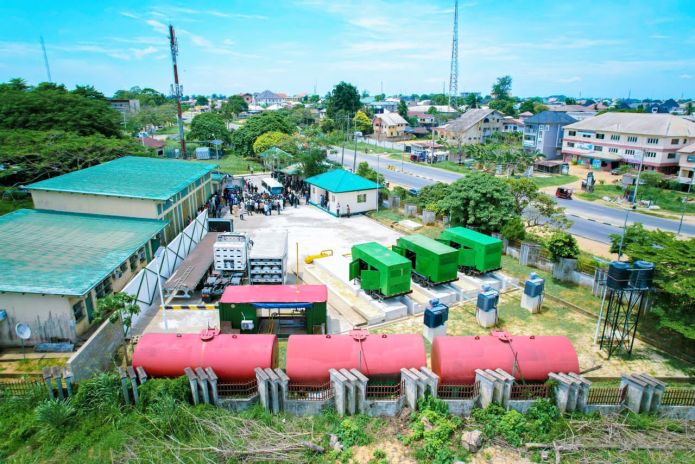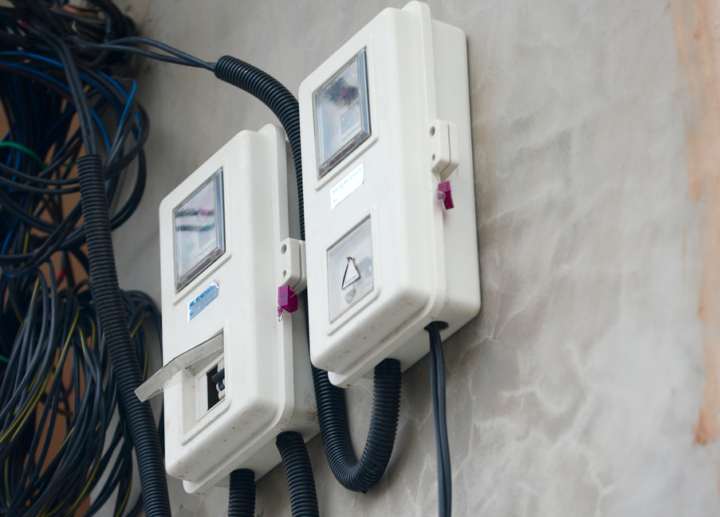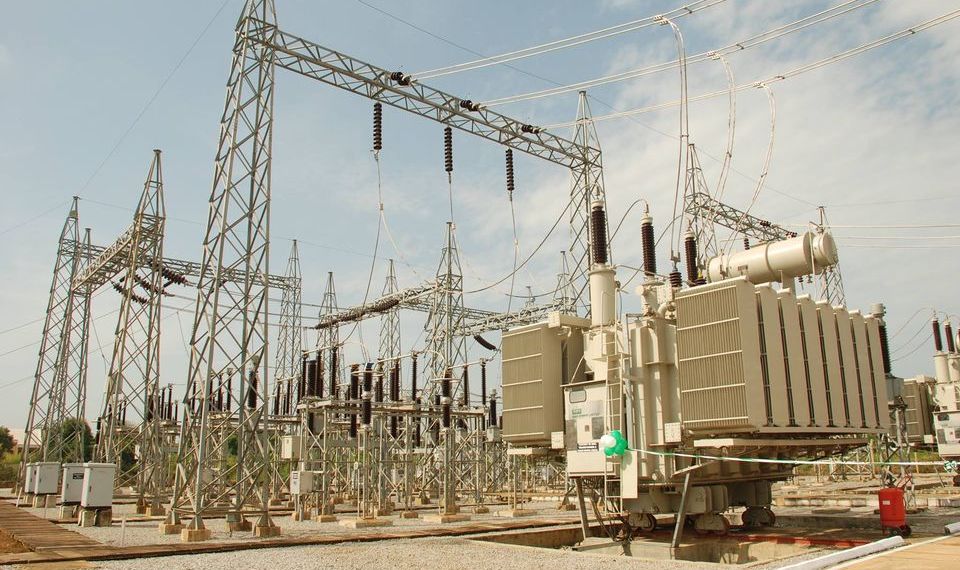Nigeria committed to reducing carbon footprint, accelerating gas development to achieve Net-Zero- President Buhari

Oredola Adeola
The Nigerian Government has restated the country’s commitment to reducing its carbon footprint while also aligning to broader developmental aspirations of using Liquefied Natural Gas(LNG), its transition fuel, in a fair and just manner in the net-zero pathway.
President Muhammadu Buhari made this commitment in a statement obtained by EnergyDay through Femi Adesina, the President’s media aide while speaking at a Leaders’ Closed-Door Meeting on Climate Change convened by the Secretary General of the United Nations, Mr. Antonio Guterres, on the sidelines of the 77th United Nations General Assembly, in New York, United States.
According to the statement, President Buhari insisted that Nigeria is working towards ensuring that there is a rapid and strategic transition to renewable energy in response to the global efforts for the preservation of the environment.
President Buhari informed the UN leaders that his administration had, in August this year, launched a home-grown, data-backed, multi-pronged energy transition plan.
The details in the plan highlight the country’s framework for achieving net-zero emissions by 2060.
He also noted that the plan sets out a timeline and framework for the attainment of emissions reduction across five key sectors: power, cooking, oil and gas, transport, and industry.”
The president revealed that natural gas would play a critical role as a transition fuel in Nigeria’s net-zero pathway, particularly in the power and cooking sectors.
The president said that through the use of emerging technologies and alternative fuels such as hydrogen, bioenergy, and waste-to-energy, a pathway would be created for accelerated decarbonization of energy systems and harnessing of new and diverse technologies.
According to him, this is aimed at ensuring low carbon development while aligning to our broader developmental aspirations in a fair and just manner.
He said, “The clean energy goals of the plan include modernizing the power sector with large-scale integration of renewable energy, enhancing energy efficiency and conservation.
“This is expected to generate 250 gigawatts of installed energy capacity with over 90% made up of renewables.”
Buhari said that a careful implementation would create significant investment opportunities. He added that the process would also engender the establishment and expansion of industries related to solar energy, hydrogen, and electric vehicles.
“It will guide Nigeria’s rapid transition to renewable energy and result in significant job creation with up to 340,000 jobs created by 2030 and up to 840,000 jobs created by 2060 driven mainly by power, cooking and transport sectors,” President Buhari noted.






